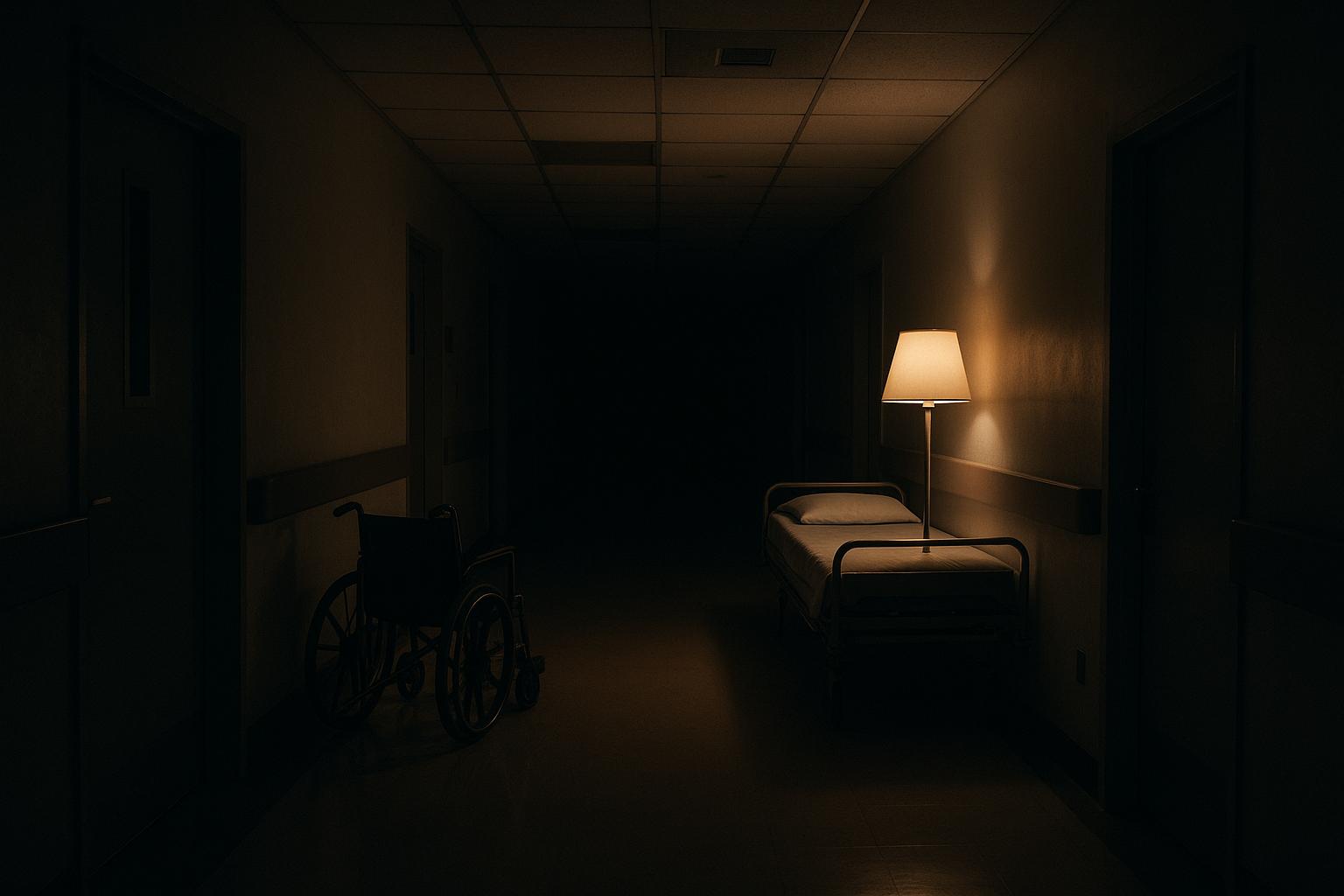A recently published major research study has highlighted critical shortcomings in end-of-life care in England and Wales, revealing how many dying patients endure severe pain and inadequate support during their final days. The findings, part of a comprehensive report funded by the charity Marie Curie and produced through a collaboration between King's College London's Cicely Saunders Institute, Hull York Medical School at the University of Hull, and the University of Cambridge, paint a troubling picture of fragmented care and unmet needs at a profoundly vulnerable stage.
According to the survey, one in three people dying in England and Wales experience severe or overwhelming pain in the last week of life. Despite this, many patients lack consistent contact with healthcare professionals: one in five had no interaction with their general practitioner in the final three months, and nearly half the bereaved reported dissatisfaction with at least one aspect of the care their loved one received. Distressingly, about half of dying individuals visited Accident & Emergency (A&E) departments at least once during their last three months, with some admitted to hospital for less than 24 hours before death. These figures indicate a reliance on acute care settings rather than coordinated, patient-centred support that could facilitate dying in preferred environments, often at home.
The report underscores widespread gaps in out-of-hours care, a factor contributing to avoidable hospital visits and patient distress. In 78% of surveyed areas, nursing services were not consistently available overnight, and 69% lacked 24/7 telephone lines to connect patients and carers with urgent support. Only a quarter of areas had pharmacies open throughout the night, complicating access to vital medicines when symptoms escalate rapidly. These deficiencies are particularly stark in socially deprived regions, where emergency hospital visits near life’s end are more frequent, compounding inequity in care.
The research also highlights that fewer than half of families had a designated contact person to coordinate care, leaving informal carers, often relatives, to bear responsibility with inadequate preparation or assistance. This lack of integrated care pathways contributes to unnecessary suffering and system pressures. As one researcher commented, “In the last three months of life, these are not places people would want to be in by choice – we know how A&E is so stretched at the moment and waiting around to have your pain managed, that critical moment in patients’ and their families’ lives when they would prefer to be at home, seems intuitively unreasonable.”
Specialist palliative care services aim to address these challenges by providing holistic support that encompasses pain and symptom management alongside psychological, social, and spiritual care. Macmillan Cancer Support, which backs many such initiatives, defines palliative care as a resource available at any stage of illness, complementing curative treatments to improve quality of life. In Hull, for instance, the Macmillan Specialist Palliative Care team works within the NHS trust to deliver multidisciplinary care across hospitals and liaises with local hospices, prioritising timely access and coordinated support.
Nevertheless, the report’s findings reveal systemic weaknesses requiring urgent attention. The charity Marie Curie describes the current state of out-of-hours end-of-life care as “bleak,” stressing that dying people cannot be expected to “die during office hours” to receive adequate help. Persistent recommendations by the National Institute for Health and Care Excellence (NICE) to implement round-the-clock access to nursing and advice services remain unmet in many areas.
As the population ages and demands on healthcare resources intensify, these findings call for renewed commitment to improving experiences and outcomes at life’s end. Enhancing continuity of care, expanding out-of-hours support, and empowering carers are crucial steps to ensure that patients can spend their final days with dignity and as free from pain as possible – ideally in the place of their choosing.
📌 Reference Map:
- Paragraph 1 – [1], [2], [6]
- Paragraph 2 – [2], [6], [1]
- Paragraph 3 – [4], [6], [1]
- Paragraph 4 – [1], [3], [5], [7]
- Paragraph 5 – [4], [6], [1], [2]
Source: Noah Wire Services
